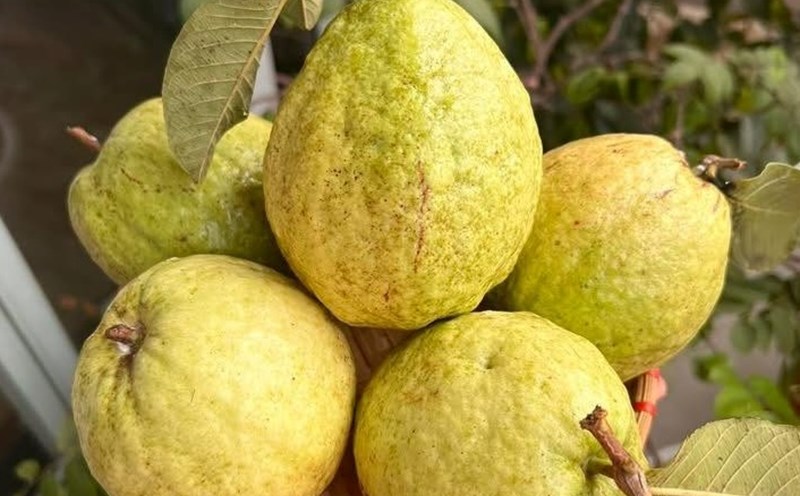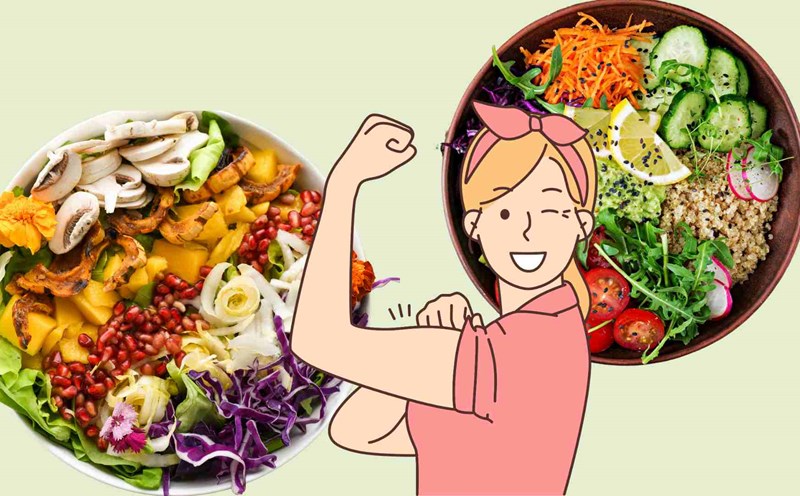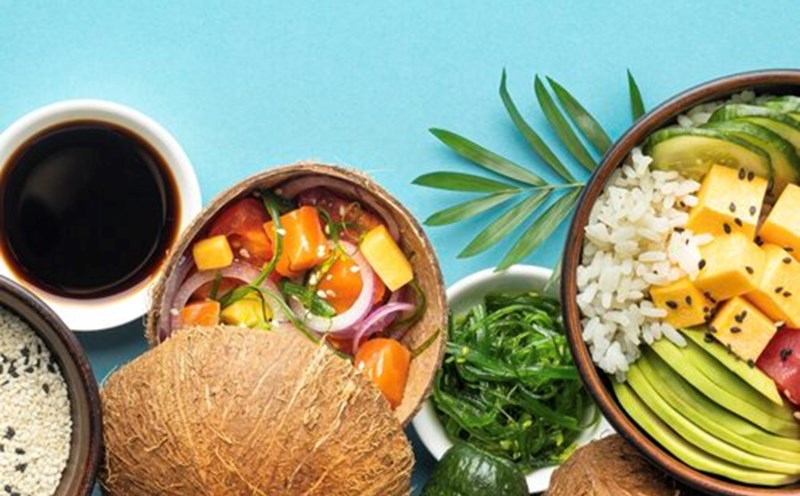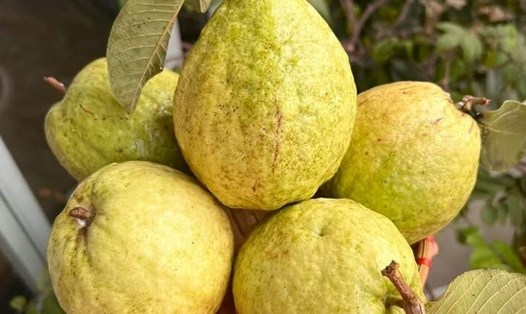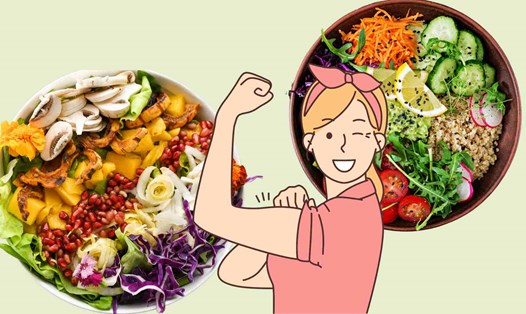When turning 30, women face many changes in energy, hormones and overall health, according to indianexpress.
For vegetarians, the risk of nutritional deficiencies is more likely to occur if the diet is not properly constructed.
According to Pujah K Shah, an Indian health and fitness coach, vegetarians at this age need to pay special attention to important nutrients.
If you are often tired, have hormonal changes, or do not achieve the expected results despite a healthy diet, you are likely lacking essential nutrients, emphasizes Pujah K Shah.
The list of nutrients Shah offers includes vitamin D from mushrooms, enriched soy milk or early sunlight; vitamin B12 from dietary cereals, nutritional enzyme; folate (B9) from green and orange vegetables; vitamin C from guava, lemon, bell peppers; vitamin A from carrots, sweet potatoes; vitamin E from sunflower seeds, almonds; vitamin K from kale, broccoli; iron from black sesame, dates; calcium from tofu, white sesame seeds; magnesium from pumpkin seeds, bananas; omega-3 from flaxseeds, chia seeds, walnuts.
These small adjustments, the coach affirmed, can help women maintain energy, stable mood and good health.
Sharing the same view, nutritionist Aditi Prabhu, founder of NutroDynamix, also noted that even when eating a variety of foods, vegetarians are likely to be deficient in vitamin D, B12, and iron due to low plant sources or low absorption.
In addition, a busy schedule, stress and hormonal changes also make deficiency worse.
Some early warning signs include fatigue, lethargy, low energy, decreased concentration, mood swings, menstrual disorders, canker sores or pain of unknown cause.
Dietary changes do not give immediate results, but they will bring sustainable results if persistent, Prabhu emphasized.
To maintain optimal health at the age of 30, vegetarian women need to combine a diet rich in plant-based nutrients with scientific arrangement, while closely monitoring the signs of the body to supplement in time.

